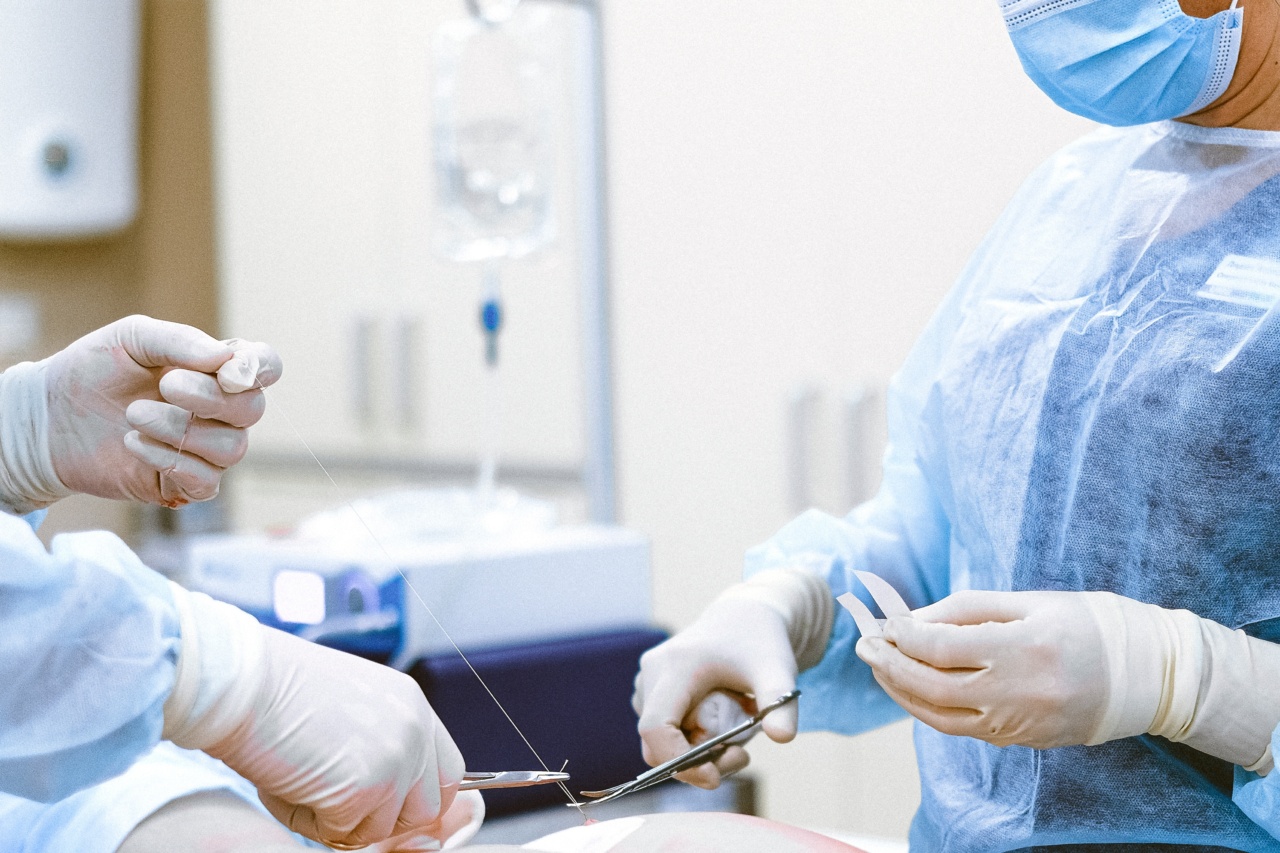Going under the knife for any plastic surgery procedure is not an easy feat. It requires a lot of preparation, research, and the guidance of a qualified plastic surgeon who prioritizes patient safety.
While the procedure itself is an important aspect of the process, the post-operative period and recovery phase are also vital. This is where the plastic surgery folder comes in. Your plastic surgeon should provide you with this crucial document, which contains all the information you need for a successful and safe recovery.
What is a Plastic Surgery Folder?
A plastic surgery folder is an all-inclusive, personalized document that helps patients keep track of every aspect of their procedure.
It contains everything from participant paperwork and pre-operative instructions to post-operative recovery guidelines and follow-up care. Essentially, it serves as a comprehensive guide to make sure that everything goes smoothly and safely every step of the way during your plastic surgery journey.
Why is a Plastic Surgery Folder Important?
A plastic surgery folder is important for patient safety and for ensuring that the recovery period goes smoothly.
By having all the necessary information in one place, patients can focus on their healing without worrying about missing important details or instructions. Keeping everything neatly organized in a folder helps patients maintain a sense of control over the process and helps surgeon team make every effort to provide the highest level of care.
What Should Be Included in a Plastic Surgery Folder?
Your plastic surgery folder should include the following:.
- Procedure information: The name of the procedure you are having, including any relevant information like implants, incision placement, and anesthesia type. This section also discusses the risks and benefits of the procedure.
- Pre-operative details: Guidelines on how to prepare for the procedure, including information on blood work, necessary medications, and surgical center in the event of an emergency.
- Post-operative instructions: Detailed instructions on what to expect during the recovery process, instructions for wound care, what to eat and avoid, and when to resume physical activity. This section should also outline potential complications and what to do in case of an emergency.
- Contact information: Your surgeon’s contact information, instructions on how to get in touch with them if needed, your nurse’s number, and emergency contacts.
- Checklists: Checklists that help patients track their medications, appointments, and daily tasks, as well as a section for notes where they can jot down any important information or questions they have.
How the Plastic Surgery Folder Helps Ensure Your Safety
A plastic surgery folder helps ensure your safety in several ways. One of the primary benefits is that it minimizes the risk of errors.
Instead of relying on memory or trying to piece together the necessary information, everything is laid out in an orderly manner. There is less room for error, less ambiguity or confusion on essential instructions and the possibility of speedy intervention in case of emergencies.
The plastic surgery folder also helps ensure convenience and support. Throughout the recovery process, patients may experience anxiety or stress, which could be a hindrance to the healing process.
With a plastic surgery folder, everything is neatly organized in one place, making it easier for patients to focus on their recovery. Having every detail and support contained in one place, a plastic surgery folder helps to provide ease of access and support.
Conclusion
A plastic surgery folder is a vital document for patient safety before, during, and after cosmetic surgery or any surgical operation.
It is your go-to guide for your entire plastic surgery journey, and it contains everything you need from pre-operative preparation to postoperative recovery guidelines. By keeping all necessary information in one place, patients can focus on their recovery with ease, making the healing process smoother and more efficient.
Surgical Procedures – Your Safety Matters
The quality of surgical care is vital to patients’ safety and wellbeing.
The process starts with the doctor’s evaluation of the patient, and it must involve a thorough understanding of the patient’s medical history, overall health, and any underlying conditions. At the same time, it must take into account the type of procedure that needs to be performed, possibly the part or location of surgical intervention.
Additionally, patients should be given all the information they require to make informed decisions about their care before, during and after surgery. Patient education on how to prepare for their surgery and postoperative care is vital.
Risks Associated with Plastic Surgery
Like any surgical procedure, plastic surgery has its associated risks, which patients have to understand and weigh against the benefits. It is important to acknowledge that even the most minor of surgical procedures carry the risk of complications.
Procedures with anesthesia carry their own risks, including allergic reaction, heart attack, stroke or even death. Plastic surgery procedures have unique risks and complications.
The risks associated with plastic surgery are more severe, including blood loss, hematoma, infection, deep vein thrombosis, complications from anesthesia, and even undesirable aesthetic results. The risks can be reduced by having a qualified plastic surgeon, being honest with your medical history, following pre- and post-operative instructions, and following the guidance of the surgeon during every stage of the process.
The Importance of Aftercare for Patient Safety
The period following surgery is just as important as the surgery itself, if not more important. This is why it is essential to follow postoperative instructions carefully to minimize the risk of complications.
Postoperative care instructions are not limited to patient behavior, but also essential for detecting complications early, when they are most likely treatable. A patient’s postoperative follow up care may involve therapy, revision surgery or an extended convalescence period depending on the nature, size and location of the procedure and any complications that may arise.
Pre- and post-operative care is critical to the success and safety of any surgical procedure. Remember that following the guidance of your surgeon and following the aftercare instructions diligently can help you achieve a swift and complete recovery.




























